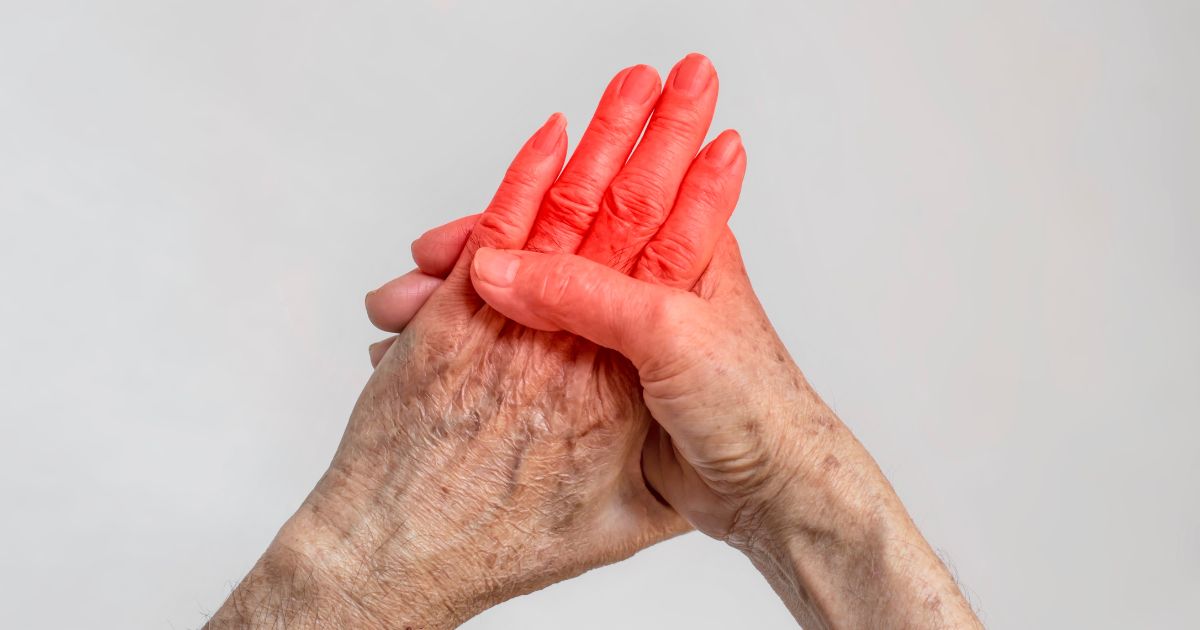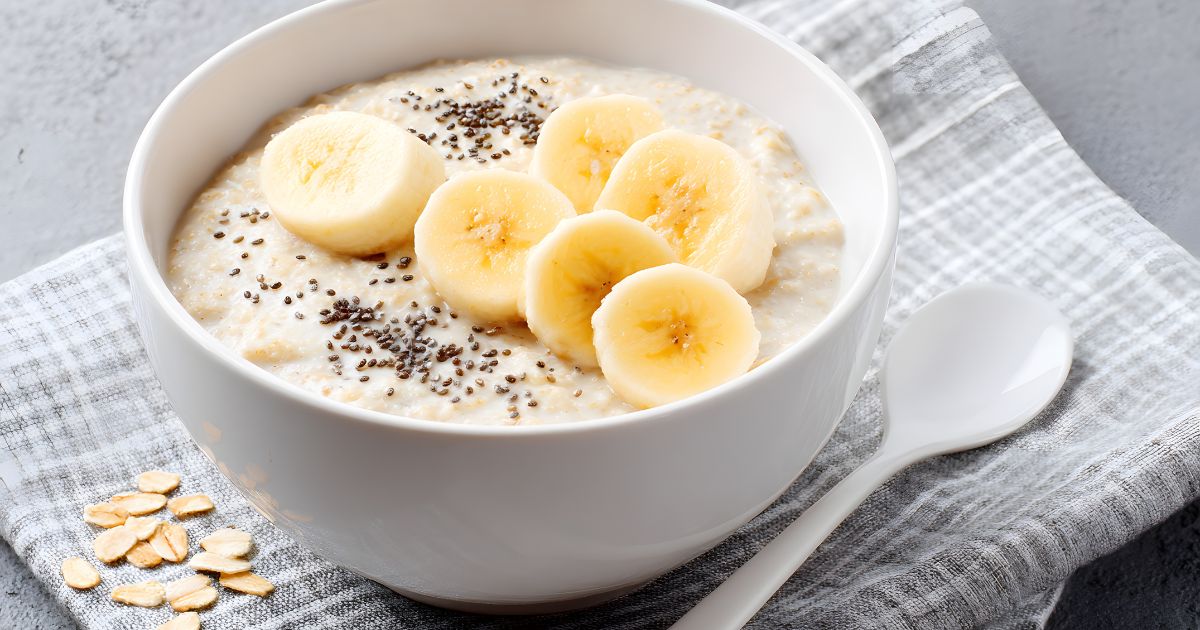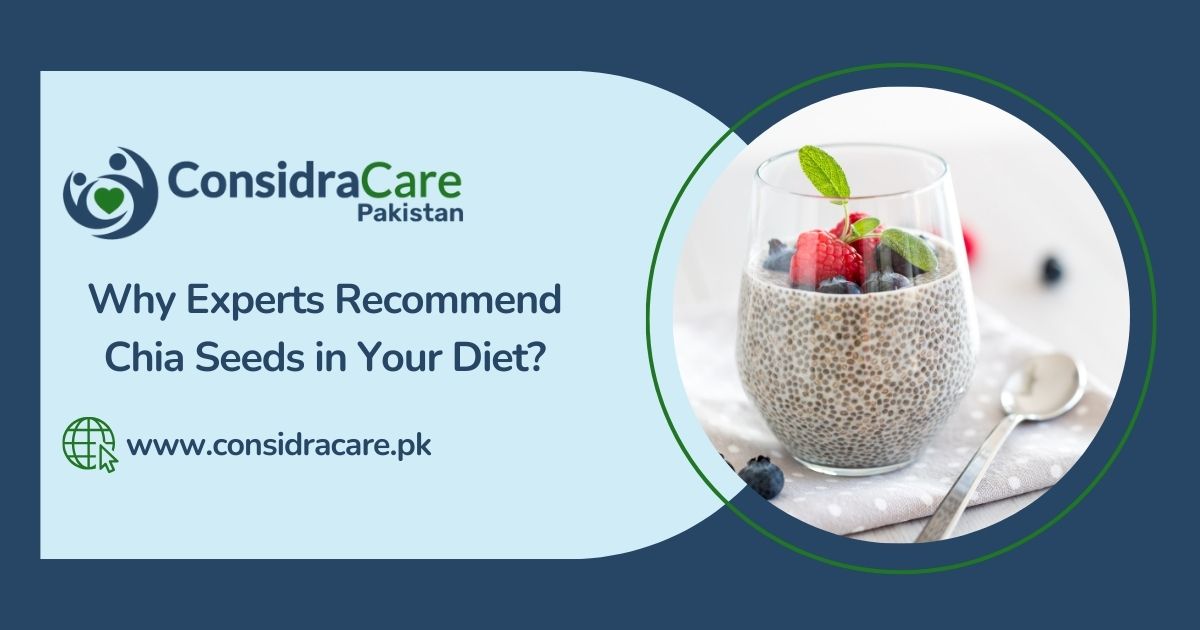Have you ever tried adding chia seeds to your breakfast or smoothie? A spoonful can enhance the nutritional value of your meals and help you feel energized.
These tiny seeds contain fiber, protein, omega-3 fatty acids, and essential minerals. Ancient Aztec and Maya civilizations regarded them as a vital part of their diet, appreciating their nutritional benefits and energy-boosting properties.
Today, chia seeds support heart health, strengthen bones, aid digestion, and improve overall well-being. In this article, we will highlight the health benefits of chia seeds and explain why you should include these small seeds in your daily diet.
Health Benefits of Chia Seeds
With so many food trends emerging, it’s essential to understand the real benefits of any new addition to your diet. Chia seeds are nutritious and incredibly easy to incorporate into your everyday meals.
If you’re unsure about using them alone, many packaged foods already contain chia seeds, allowing you to try them easily. Here are the essential health benefits of chia seeds that everyone should know:
1. Loaded with Antioxidants:
Chia seeds are rich in antioxidants, which protect your body from harmful free radicals—unstable molecules that can damage cells, accelerate aging, and increase the risk of chronic diseases such as heart disease, diabetes, and cancer.
They contain compounds like chlorogenic acid, caffeic acid, quercetin, and other polyphenols that support heart and liver health, reduce inflammation, and may offer anticancer benefits.
2. Supports Weight Management:
Chia seeds aid in weight management due to their high fiber content. One ounce (28 g) provides nearly 10 grams of fiber, which absorbs water in the stomach, forming a gel that slows digestion and increases feelings of fullness.
Additionally, the protein in chia seeds helps curb appetite and preserve muscle mass. While chia seeds alone won’t lead to significant weight loss, adding them to a balanced diet can help stabilize blood sugar levels, control hunger, and enhance the effects of a calorie-reduced meal plan.
3. Supports Heart Health:
Chia seeds contribute to better heart health. Their soluble fiber helps lower harmful LDL cholesterol while maintaining beneficial HDL cholesterol, reducing the risk of cardiovascular disease.
Omega-3 fatty acids, particularly Alpha-Linolenic Acid (ALA), help keep blood vessels flexible and protect against heart issues. Chia seeds also provide magnesium, calcium, and potassium, which naturally help regulate blood pressure.

4. Strengthens Bones and Teeth:
Chia seeds are rich in bone-supporting minerals such as calcium, magnesium, and phosphorus. One serving provides nearly 18% of your daily calcium needs—more than some dairy products by weight.
ALA in chia seeds may also improve bone density, protecting against osteoporosis. Incorporating chia seeds into your diet supports long-term skeletal health and proper muscle and nerve function.
5. Helps Regulate Blood Sugar:
The high fiber content in chia seeds slows carbohydrate digestion, allowing glucose to enter the bloodstream gradually. Chia seeds help prevent sudden spikes and crashes in blood sugar, keeping energy levels stable.
Chia seeds may also improve insulin sensitivity, supporting better blood sugar control for those with diabetes or at risk. Simple choices like chia seed bread can help reduce post-meal glucose spikes.
6. Promotes Healthy, Glowing Skin:
The omega-3 fatty acids and antioxidants in chia seeds help protect skin from sun and pollution damage, slowing visible signs of aging. Omega-3s maintain the skin’s barrier, keeping it hydrated, soft, and less prone to fine lines, while their anti-inflammatory effects reduce redness and irritation. Regular consumption may enhance skin elasticity and promote a radiant complexion.
7. Natural Energy Booster:
With protein, fiber, and healthy fats, chia seeds provide sustained energy without the sugar crashes associated with processed snacks. They are perfect for athletes, fitness enthusiasts, or anyone looking for long-lasting stamina.
The combination of protein and fiber supports stable blood sugar and boosts metabolism, giving your body steady fuel throughout the day.

8. Rich Source of Protein and Essential Nutrients:
Chia seeds contain about 14% protein by weight and provide all nine essential amino acids, making them a complete plant-based protein source. They also offer vital minerals:
- Phosphorus: strengthens bones and teeth
- Magnesium: supports muscle function
- Zinc: aids cell growth and repair
- Copper: forms collagen for healthy skin and joints
9. Excellent Source of Fiber:
One ounce of chia seeds delivers 10–11 grams of dietary fiber—approximately one-third of the recommended daily intake. Fiber promotes regular bowel movements, prevents constipation, and supports digestion.
It also helps lower LDL cholesterol and triglycerides while boosting HDL cholesterol, reducing the risk of heart disease, diabetes, and certain cancers.
10. Reduces Inflammation:
Chronic inflammation can contribute to heart disease, arthritis, and certain cancers. The ALA and antioxidants in chia seeds, such as quercetin and myricetin, help combat irritation, protect cells from oxidative stress, and may slow cellular aging.

How to Use Chia Seeds in Your Diet
Chia seeds are incredibly versatile; you can incorporate them into nearly any meal without altering the taste. Here are some simple ways to include them in your daily routine:
- Soak in Water or Milk: Add 1–2 tablespoons of chia seeds to a glass of water or milk. Let them sit for 20–30 minutes until they form a gel-like texture, then drink.
- Chia Pudding: Combine chia seeds with milk, add honey or fruit, and refrigerate overnight. By morning, you’ll have a creamy and healthy pudding.

- Smoothies and Juices: Blend chia seeds into smoothies or stir them into fresh juice. They add thickness and extra nutrients without affecting the flavor.
- Topping for Meals: Sprinkle chia seeds on oatmeal, yogurt, salads, or cereal for a quick nutrient boost.
- In Baking: Add chia seeds to muffins, bread, or cookies. They provide a nice crunch and increase the fiber and protein content.
- Egg Substitute: Mix one tablespoon of chia seeds with three tablespoons of water, let it sit until it forms a gel, and use it to replace one egg in baking recipes.
Side Effects and Precautions of Chia Seeds
Chia seeds are generally safe and healthy, but consuming them in excess or without proper hydration may lead to some issues:
- Digestive Discomfort: Chia seeds are very high in fiber. Consuming too many at once can lead to bloating, gas, constipation, or stomach cramps—especially if you don’t drink enough water.
- Choking Hazard: Dry chia seeds can swell quickly upon contact with liquids. Eating them dry may pose a choking risk, so it’s best to soak them in water, juice, or milk before consumption.
- Blood Pressure and Blood Sugar Effects: Chia seeds can slightly lower blood pressure and blood sugar levels. Individuals taking medications for hypertension or diabetes should consult a doctor before adding them to their diet to avoid complications.
- Allergic Reactions: Some people may experience allergic reactions such as rashes, itching, or difficulty breathing after consuming chia seeds. If this occurs, discontinue use and seek medical advice.
- Interactions with Medications: Since chia seeds can affect blood clotting and sugar regulation, they may interact with blood thinners or diabetes medications. Always consult a healthcare professional if you are using these treatments.
Strengthen Your Health with ConsidraCare
At ConsidraCare, good health begins with the right choices—like incorporating nutrient-rich foods such as chia seeds into your daily diet. While small steps like these can make a significant difference, maintaining overall well-being requires guidance and support.
Our team provides professional care and personalized advice for nutrition, daily routines, and lifestyle management.

Conclusion
Incorporating chia seeds into your daily routine is an easy way to support your overall health. Their rich nutrient profile can help energize your body, support digestion, strengthen bones, and protect cells from damage.
Making chia seeds a regular part of your meals is a small change that can significantly benefit your well-being.
FAQs
1. What are the health benefits of chia seeds?
2. Can pregnant women eat chia seeds?
3. What should you avoid mixing with chia seeds?
4. When is the best time to eat chia seeds?
5. What is the local name of chia seeds in Pakistan?



